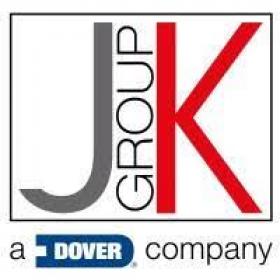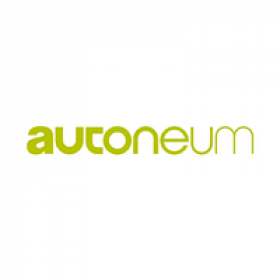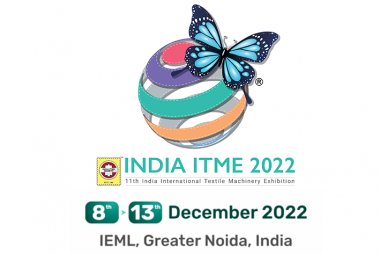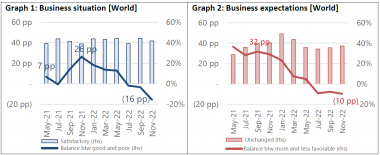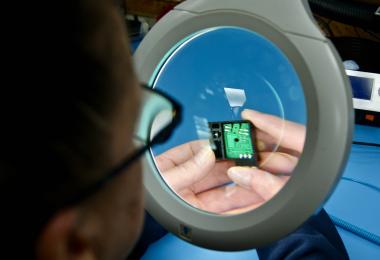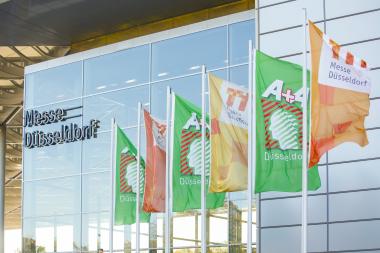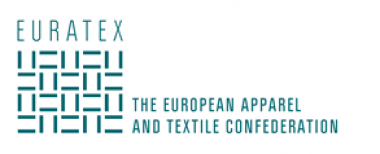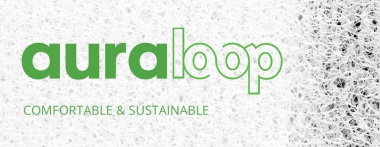MS Printing Solutions and JK Group announce Christopher Bernat as General Manager
MS Printing Solutions and JK Group announce the appointment of Christopher Bernat as General Manager of North America and the Caribbean markets. He will be the main point of contact for overall business in the region. Chris joins MS Printing Solutions and JK Group with over 20 years of industry experience.
He was Director of Sales at Sawgrass Technologies prior to starting Vapor Apparel in 2004. He currently serves on the Executive Committee and Board of Directors of Printing United and resides in Charleston, South Carolina.
JK Group SpA


